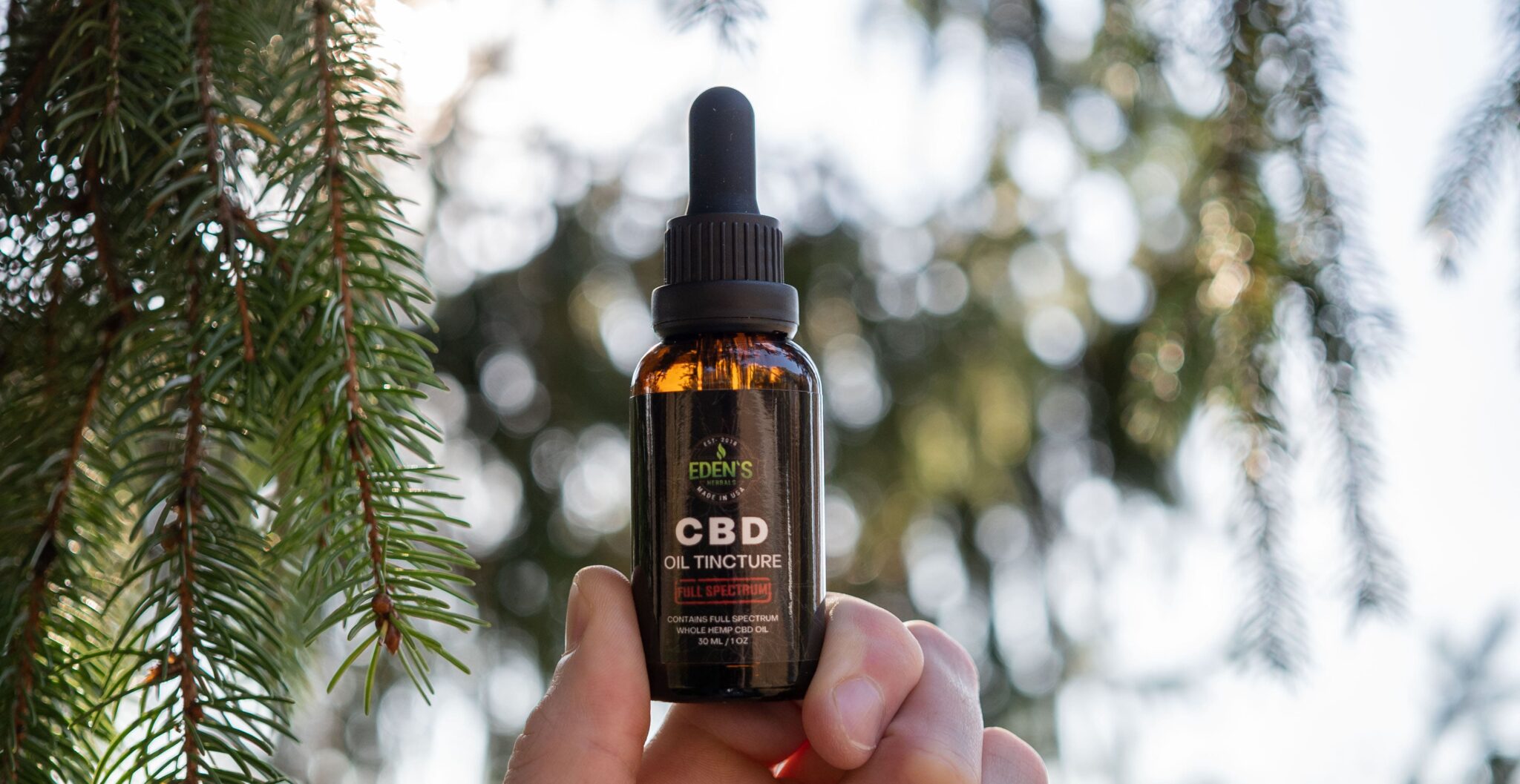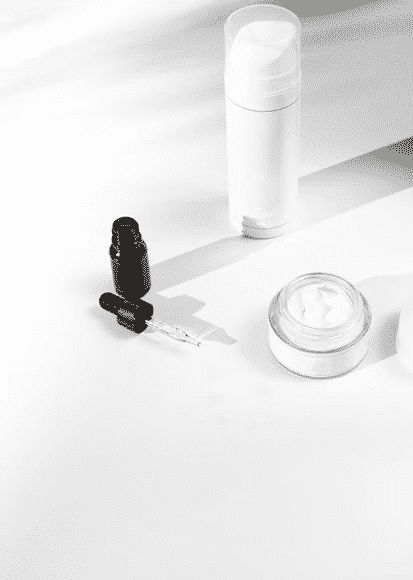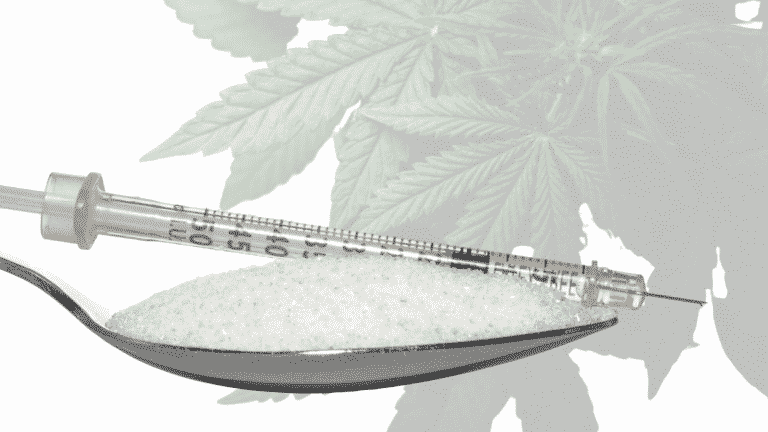CBD for Diabetics: How Can it Help?
CBD’s popularity has shown nearly explosive growth. The compound, which was legalized just two years ago, has become wildly popular – so much so that some surveys have shown 1 in 3 American adults have actually tried it. These enormous numbers have come as a result of countless anecdotal stories, and some scientific evidence, that shows CBD may be beneficial for a variety of ailments. CBD for diabetics can help, let’s take a look into how.
To be clear, research is still ongoing into CBD, and many questions remain about how it works and what it can work for. Given its broad range of potential uses, many are asking what else it may be useful for. This includes questions about if CBD can help people with diabetes.
How Does CBD Work?
The impact of CBD is tied directly to its influence over your body’s Endocannabinoid System. Everyone has an endocannabinoid system, and this system is directly associated with how your body stays in a state of homeostasis, influencing your levels of pain, fatigue, hunger, anxiety, and more.
Your Endocannabinoid System contains multiple components, including:
- CBD receptors that are found throughout your body. There are at least two types of receptors, thus far identified as CB1 and CB2.
- Cannabinoids that your body produces.
- Enzymes that break down CBD.
Your body’s cannabinoids will bind with the appropriate receptors, thus causing a reaction that can influence any of the physical or emotional sensations noted above. Upon conclusion of the reaction, enzymes will break down the cannabinoids, and the process with starts anew.
Some types of cannabinoids – such as THC – do bind directly with your body’s receptors. However, CBD does not. Instead, CBD influences the strength and length of time that your body’s own cannabinoids bind with your receptors. This is responsible for the varying physical sensations that you may feel when using CBD. Furthermore, these sensations may have numerous medical impacts on your body.
How Can CBD Help With T1D and T2D Diabetes?
To be clear, at the moment, there is no CBD-based drug on the market that shows CBD can help people with diabetes, and the FDA expressly forbids making any medical claims with CBD unless it has approved that CBD drug. Furthermore, it is important to realize that you should not take CBD unless you speak with your doctor first, as there is evidence to suggest there may be negative drug interactions with CBD.
However, research in this area – at least on rats – has shown some promising results.
For example, one study was done on rats who had less blood flow to the brain. This is something that frequently occurs in humans with (T1D) type 1 or (T2D) type 2 diabetes. The study found that, when given CBD, rats showed increased insulin production and lowered blood sugar. Both of these could, in theory, help humans with diabetes.
CBD for Diabetics, Findings
Other CBD studies have made similar findings. A 2012 review noted that one study found that CBD reduced the incidence of diabetes in rats. An experimental 2019 study, determined that rats with diabetes who were administered CBD showed decreased bodyweight and increased cognitive performance. The decreased body weight, in particular, was viewed as important, as decreasing body weight could reduce the incidence of diabetes. This study tied the positive effects specifically to CBD’s ability to reduce neuroinflammation. Indeed, many studies have found that CBD can reduce many types of inflammation. A 2016 study made similar findings, noting that, when given to rats, CBD made positive physiological benefits in rats who were suffering from diabetes.
To be clear, all of these findings were in rats. More studies in humans are needed before any sort of medical conclusion can be drawn, and at the moment, it does not appear that any have been conducted. The closest thing to this are studies that examine marijuana use and type two diabetes, but even these studies note that there is no connection between marijuana use and diabetes after controlling for age.
Next Steps
Evidence exists to potentially support the idea that CBD has many medical benefits. Thus far, one CBD-based drug has been approved for use by the United States Food & Drug Administration. That drug, Epidiolex, has been used to treat two rare seizure disorders in children.
Further research will reveal more definitive conclusions about the medical benefits of CBD for diabetics. This research must study CBD’s impact on a variety of areas, and that absolutely includes diabetes. #CBDandDiabetes







